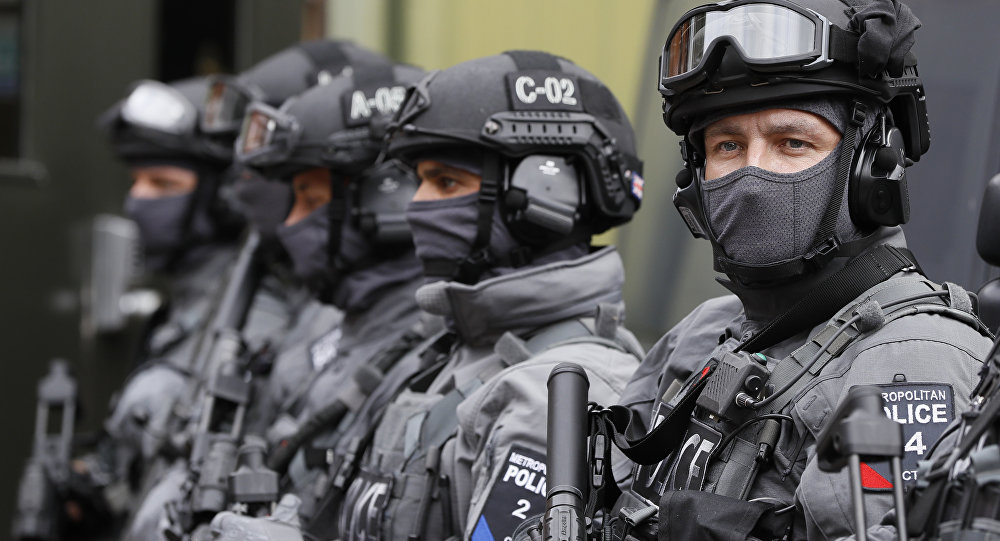Table of Contents
About UN Global Counter-Terrorism Coordination Compact Task Force | UPSC – IAS
Recently, UN launched a new framework “UN Global Counter-Terrorism Coordination Compact”.
- It is an agreement between the UN chief, 36 organizational entities, the International Criminal Police Organisation (INTERPOL) and,
- The World Customs Organisation, to better serve the needs of Member States when it comes to tackling the scourge of international terrorism.
Objective of the UN Global Counter-Terrorism Coordination Compact | UPSC – IAS
- To ensure that the United Nations system provides coordinated capacity-building support to Member States, at their request, in implementing the UN Global Counter-Terrorism Strategy and other relevant resolutions.
- To foster close collaboration between the Security Council mandated bodies and the rest of the United Nations system.
- The UN Global Counter-Terrorism Compact Coordination Committee will oversee and monitor the implementation of the Compact which will be chaired by UN Under-Secretary-General for counter-terrorism. o It will replace the Counter-Terrorism Implementation Task Force, which was established in 2005 to strengthen UN system-wide coordination and coherence of counter-terrorism efforts.
Why there is a need for global compact for counter terrorism ? | UPSC – IAS |PCS
- Coordination: Given the number of players involved, the enormity of the task for Counter terrorism, and the limited resources available, effective coordination is crucial.
- Porous borders: In recent years, terrorist networks have evolved, moving away from a dependency on state sponsorship and many of the most dangerous groups and individuals now operate as non state actors.
- Taking advantage of porous borders and interconnected international systems—finance, communications, and transit—terrorist groups can operate from every corner of the globe.
- Incapacity of countries to control terrorist threats: Multilateral initiatives bolster state capacity to build institutions and programs that strengthen a range of activities, from policing to counter radicalization programs.
- Emerging challenges: Vigilance against misuse of emerging technology such as artificial intelligence, drones and 3D (three-dimensional) printing, as well as against the use of hate-speech and distortion of religious beliefs by extremist and terrorist groups.
Global Counter-Terrorism Strategy | UPSC – IAS | PCS
- The United Nations General Assembly (UNGA) adopted it in 2006 and it is a unique global instrument to enhance national, regional and international efforts to counter terrorism.
- UNGA reviews the Strategy every two years, making it a living document attuned to Member States’ counter-terrorism priorities.
- The four pillars of the Global Strategy include:
- Measures to address the conditions conducive to the spread of terrorism.
- Measures to prevent and combat terrorism.
- Measures to build state’s’ capacity to prevent and combat terrorism and to strengthen the role of the United Nations system in that regard.
- Measures to ensure respect for human rights for all and the rule of law as the fundamental basis for the fight against terrorism.
Counter-terrorism – India’s involvement at UN | UPSC – IAS | PCS
- India has prioritised the adoption of an intergovernmental framework to combat terrorism.
- India introduced the Comprehensive Convention on International Terrorism (CCIT) in 1996 that defined terrorism and enhanced “normative processes for the prosecution and extradition of terrorists.”
- Active participation in several counter-terrorism discussions, such as drafting a Global Counter-Terrorism Strategy in the General Assembly in 2006, serving as a founding members of the Global Counter-Terrorism Forum (GCTF), and supporting counterterrorism mechanisms established by UN Security Council Resolutions, such as Resolutions 1267, 1988, and 1989 related to sanctions against Al-Qaeda/Taliban, Resolution 1373 establishing the Counter-Terrorism Committee, and Resolution 1540 addressing the non-proliferation of Weapons of Mass Destruction to terrorist organisations.




